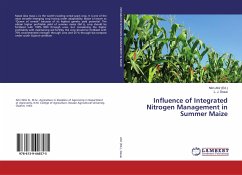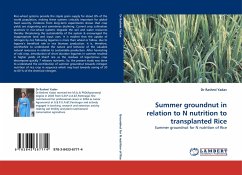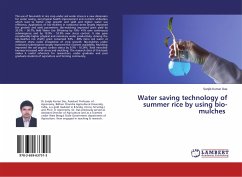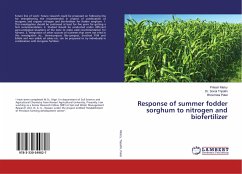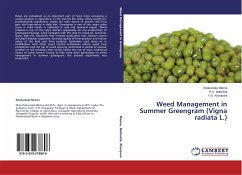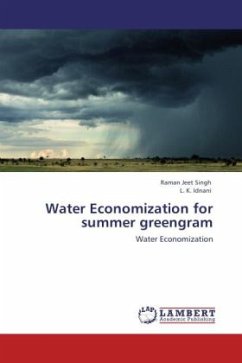This is a reference book which describes importance, use and basic information relevant to recycling of weed biomass for nitrogen economy in summer rice. India with very large land area having adequate sunlight and water has enormous potential of producing huge quantities of biomass through photosynthesis via. terrestrial, agricultural or aquatic pathway. For an environment friendly and more efficient crop production, it is important to recycle these biomass at an optimal rate with proper technology. The agroclimatic conditions of North East India favour the growth of enormous weed flora of diverse species composing both in cropped and non-cropped areas. Huge biomass of such weeds at their tender age may offer a good potential of exploitation of crop production and soil improvement. This book basically deals with the effects of recycling of weed biomass through vermicomposting and direct incorporation on growth and yield of summer rice as well as optimum proportion of organic supplementation with fertilizer nitrogen as vermicompost and direct incorporation of weed biomass.

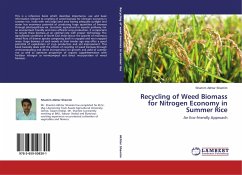
![Response of Summer Okra [abelmoschus Esculentus (L.) Moench.] to Weed Response of Summer Okra [abelmoschus Esculentus (L.) Moench.] to Weed](https://bilder.buecher.de/produkte/62/62480/62480765m.jpg)
